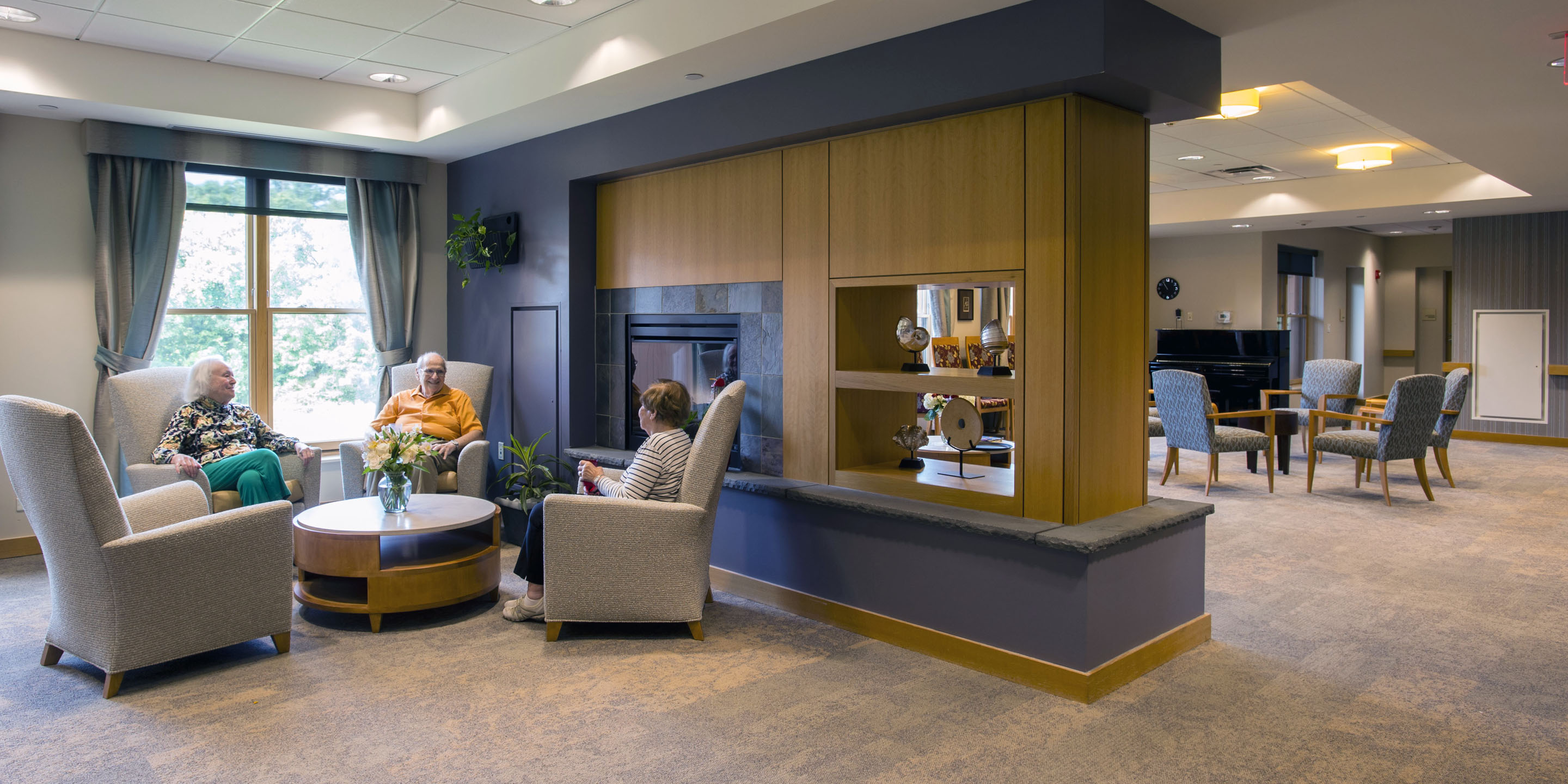What to Anticipate in Memory Treatment: A Thorough Guide to In-Home Solutions
As family members come to terms with the difficulties of caring for somebody with memory loss, the realm of at home services offers a lifeline of support and specialized treatment. Recognizing what to expect in memory care is vital for ensuring the health of both the specific with memory impairment and their caretakers.
Daily Activities and Regimens
Participating in structured day-to-day activities and regimens is a basic element of providing top quality treatment for people in memory care facilities. These activities are diligently developed to satisfy the certain demands of citizens with cognitive problems, such as Alzheimer's condition or dementia. Daily regimens play an important duty in keeping a sense of experience, protection, and function for individuals in memory care.

Additionally, everyday regimens aid individuals in memory treatment centers to feel more focused and less distressed. Consistency in schedules and tasks can minimize complication and frustration, providing a sense of security and comfort. Caretakers and team members play a critical function in promoting these activities, making certain that each resident gets customized and thoughtful care customized to their distinct preferences and abilities.
Specialized Care Services
Within memory treatment centers, specialized care solutions are vital to address the distinct demands and obstacles dealt with by individuals with cognitive problems such as Alzheimer's disease or dementia. These services are created to provide tailored support that accommodates the details requirements of residents handling amnesia. Specialized treatment solutions in memory care centers usually consist of customized care plans, help with activities of daily living, medicine administration, and behavior therapies targeted at enhancing lifestyle and minimizing distress.
Furthermore, memory care facilities typically offer structured programs and activities specifically designed to promote cognitive feature and advertise social interaction among locals. These activities may consist of memory-enhancing workouts, sensory excitement therapies, and memory treatment sessions. Furthermore, specialized care solutions typically entail regular tracking of residents' health and health by trained team member who are geared up to take care of the one-of-a-kind obstacles connected with cognitive decline.
Precaution and Atmosphere
Implementing rigid safety actions and developing a safe and secure environment are vital concerns in memory treatment centers to make certain the health and protection of residents with cognitive problems. Safety and security in memory care begins with safe and secure structure design, consisting of secured doors and monitored access to avoid citizens from roaming outside unsupervised. Furthermore, facilities commonly have security system and surveillance cameras to monitor citizens and react promptly to any kind of emergencies. Inside, the atmosphere is very carefully planned to reduce dangers, with handrails, get hold of bars, and non-slip floor covering to avoid drops. Furnishings is arranged to promote easy navigation, and possibly unsafe products are secured away or removed. Team member get specialized training in dealing with emergencies, de-escalating tough habits, and making sure the security of residents in any way times. Regular security assessments are carried out to recognize and resolve any type of prospective dangers immediately. By focusing on safety and security actions and preserving a protected atmosphere, memory care centers goal to offer a calming and protective setting for people with cognitive disabilities.
Communication and Interaction Approaches
With a focus on boosting and fostering significant communications top quality of life, effective communication methods play a vital duty in supporting individuals in memory care facilities. Communication in memory care includes recognizing the one-of-a-kind needs of residents who may have cognitive disabilities like mental deterioration. Straightforward language, clear instructions, and non-verbal cues such as gestures and facial expressions are important tools for efficient communication. Caregivers need to come close to citizens with respect, empathy, and perseverance, developing an encouraging environment where people really feel recognized and valued.
Involvement methods are also essential in memory treatment, assisting locals remain active, stimulated, and linked to their surroundings. Tasks like songs treatment, art classes, memory sessions, and sensory excitement can spark memories, enhance mood, and advertise socialization. Customizing tasks to every person's rate of interests and abilities is crucial to fostering involvement and a sense of accomplishment. In addition, including familiar things, photos, and songs from the individual's past can give comfort and boost positive memories. By prioritizing customized communication and interaction strategies, memory treatment centers can enhance the general health and high quality of life for their homeowners.
Caregiver Assistance and Resources
Offered the crucial function caregivers play in carrying out reliable interaction and engagement techniques for homeowners in memory treatment centers, giving adequate support and resources is vital to make sure the wellness of both the caregivers and the people under their treatment. Caregivers in memory care settings frequently face distinct difficulties that can affect their physical and emotional wellness. To deal with these challenges, various support internet systems and resources are available to aid caretakers in supplying the very best feasible care.
One important form of assistance is caretaker education and training programs. These programs gear up caregivers with the necessary skills and knowledge to effectively take care of the actions and signs and symptoms connected with amnesia. In addition, support groups supply caretakers the chance to link with others who are experiencing similar obstacles, supplying a sense of area and understanding.

Conclusion

Engaging in structured day-to-day activities and routines is an essential part of providing quality treatment for people in memory care centers.Within memory care centers, specialized treatment solutions are necessary to address the More Help one-of-a-kind needs and obstacles encountered by individuals with cognitive disabilities such as Alzheimer's condition or dementia. Specialized care solutions in memory care facilities usually include individualized care plans, help with tasks of day-to-day living, medication management, and behavioral therapies aimed at improving high quality of life and decreasing distress.
Offered the critical role caregivers play in executing efficient communication and interaction methods for locals in memory care facilities, providing adequate support and resources is important to guarantee the well-being of both the caregivers and the individuals under their treatment. Daily tasks, specialized treatment services, security steps, communication strategies, and caretaker assistance are crucial elements of in-home memory care.